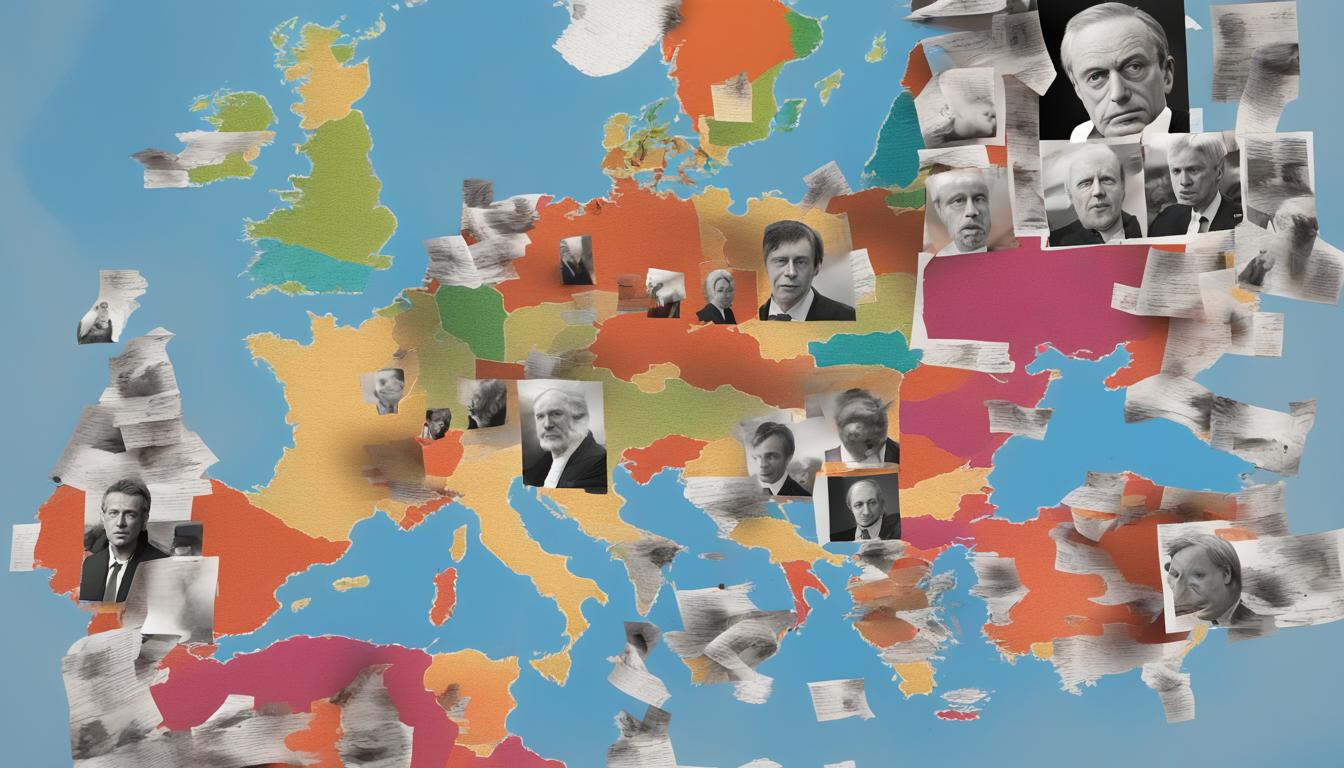Friedrich Merz, the leader of Germany’s CDU, attributes partial blame for Brexit to Germany’s prior actions and shows support for the UK’s deportation policy, amidst ideological shifts within the UK Conservative Party.
Friedrich Merz, leader of Germany’s CDU party, considers Germany partly responsible for Brexit, highlighting a lack of substantial concessions to the UK prior to the 2016 EU referendum. Merz pinpointed the failures of Berlin and Brussels in addressing UK concerns about EU social policies and migration, which may have swayed the referendum’s outcome.
In addition, Merz praised the UK’s controversial policy of deporting asylum seekers to Rwanda, proposing it as a model for migration management that other European countries could follow. This stance aligns with the position of other European leaders considering similar migration strategies, as indicated by the European Commission President, Ursula Von Der Leyen.
In the UK, the Conservative Party is experiencing a significant ideological shift with internal pressures pushing it further to the right, influenced by the recent electoral setbacks. The party, under Prime Minister Rishi Sunak, has adopted stricter policies on immigration and lowered National Insurance. The divisive stance has led to speculation about a potential leadership contest should the Labour Party gain ascendancy.
Lord David Frost, a key figure in Brexit negotiations, has critiqued the Conservative Party’s direction under Sunak. He called for a return to basic Conservative principles of lower taxes and reduced state intervention to avoid electoral defeat. Frost emphasized the need for robust economic strategies along the lines of those implemented during Boris Johnson’s tenure to improve the party’s standing.
These developments reflect a complex political landscape where both European and UK leaders grapple with past decisions and future strategies concerning EU relations and migration policies.













